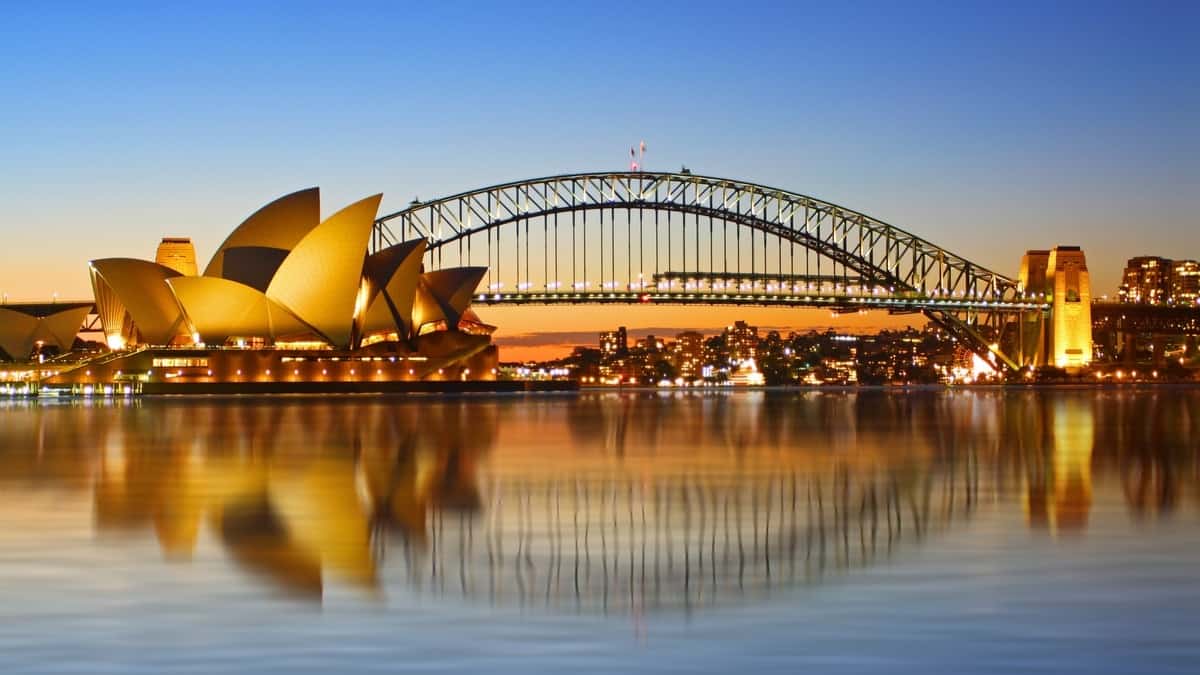The federal government announced that it is unleashing Australia’s electric vehicle potential with its first-ever National Electric Vehicle Strategy. Although the industry supported it well, a discussion paper including the Fuel Efficiency Standard will still undergo wide consultation in September.
Notably, Australia’s EV industry remains delayed compared to the United Kingdom, where the latter has options among 26 low-emissions vehicles under $60,000 while Australia only has 8. In an effort to catch up, the Strategy aims to expand the Australian EV market to improve affordability and choice.
“Up until now, Australian households and businesses have had very little choice regarding low-emissions and fuel-efficient vehicles, and they have been paying for it,” Federal Climate Change and Energy Minister, Chris Bowen, stated. He further believes national leadership is essential to catch up on the EV industry.
Catherine King, the Infrastructure, Transport, Regional Development, and Local Government Minister, along with Mr. Bowen, invited the state and territory ministers to participate in the development of the Strategy. Aside from this, the government has already removed the fringe benefits tax and the 5% import tariff for eligible EVs to decrease prices.
The Federal Government will now invest in the National plan to ensure growth in transportation technology. This plan commits to building a national EV charging network with charging stations at an average interval of 150km on major roads; create a national Hydrogen Highways refueling network; and set a Low Emission Vehicle target for the Commonwealth fleet of 75 percent of new leases and purchases by 2025.
“The freight and supply chain sector is already on a path to emissions reduction with many ALC members committed to net zero targets. It is critical that the new strategy consults widely with the freight and logistics sector and factors in the needs of our heavy vehicle fleet,” Australian Logistics Council CEO, Dr. Hermione Parsons, stated as he congratulated Mr. Bowen and Ms. King on their genuine initiatives for the nation.
Moreover, Lindsay Soutar, Greenpeace Australia Pacific Senior Campaigner, claimed that Mr. Bowen’s announcement of the 1st National EV Strategy would help the slow growth of EVs in Australia. In fact, Australia’s 2% uptake of new low-emissions vehicles is also around 5% times lower than the global average.
“We need to hit the accelerator in order to catch up to the rest of the world, where the electric vehicle transition is already well underway,” Ms. Soutar said.
“But vehicle standards for Australia must pass the rego check. Standards that lack ambition will still leave us trailing the pack and block Australians from accessing cheaper, cleaner cars, something Minister Bowen has recognised.”
Australia is the only OECD country that does not have fuel efficiency standards apart from Russia, and this newly announced development of a national EV strategy is a significant step towards having one.

